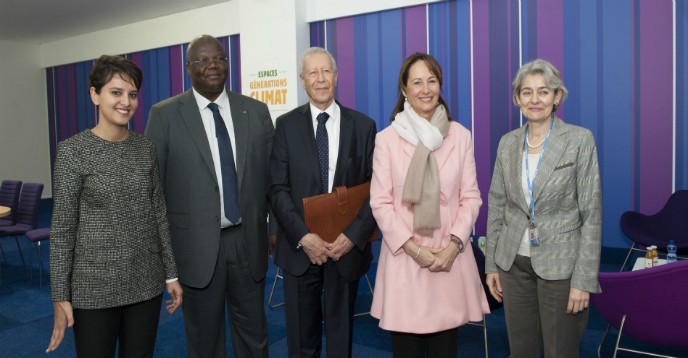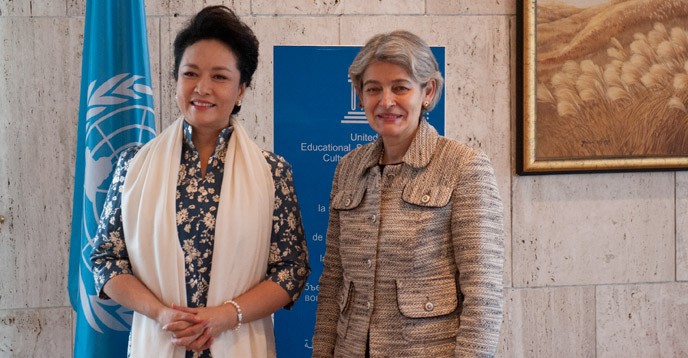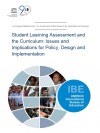Education for the 21st Century
Since its creation in 1945, UNESCO’s mission has been to contribute to the building of peace, poverty eradication, lasting development and intercultural dialogue, with education as one of its principal activities to achieve this aim. The Organization is committed to a holistic and humanistic vision of quality education worldwide, the realization of everyone’s right to education, and the belief that education plays a fundamental role in human, social and economic development.
UNESCO’s educational objectives are to support the achievement of Education for All (EFA); to provide global and regional leadership in education; to strengthen education systems worldwide from early childhood to the adult years; to respond to contemporary global challenges through education.
As the only United Nations agency with a mandate to cover all aspects of education, UNESCO’s work encompasses educational development from pre-school through to higher education, including technical and vocational education and training, non-formal education and literacy.
The Organization focuses on increasing equity and access, improving quality, and ensuring that education develops knowledge and skills in areas such as sustainable development, HIV and AIDS, human rights and gender equality. UNESCO works with governments and a wide range of partners to make education systems more effective through policy change.
It coordinates the Education for All movement, tracks education trends and raises the profile of educational needs on global development agendas.









